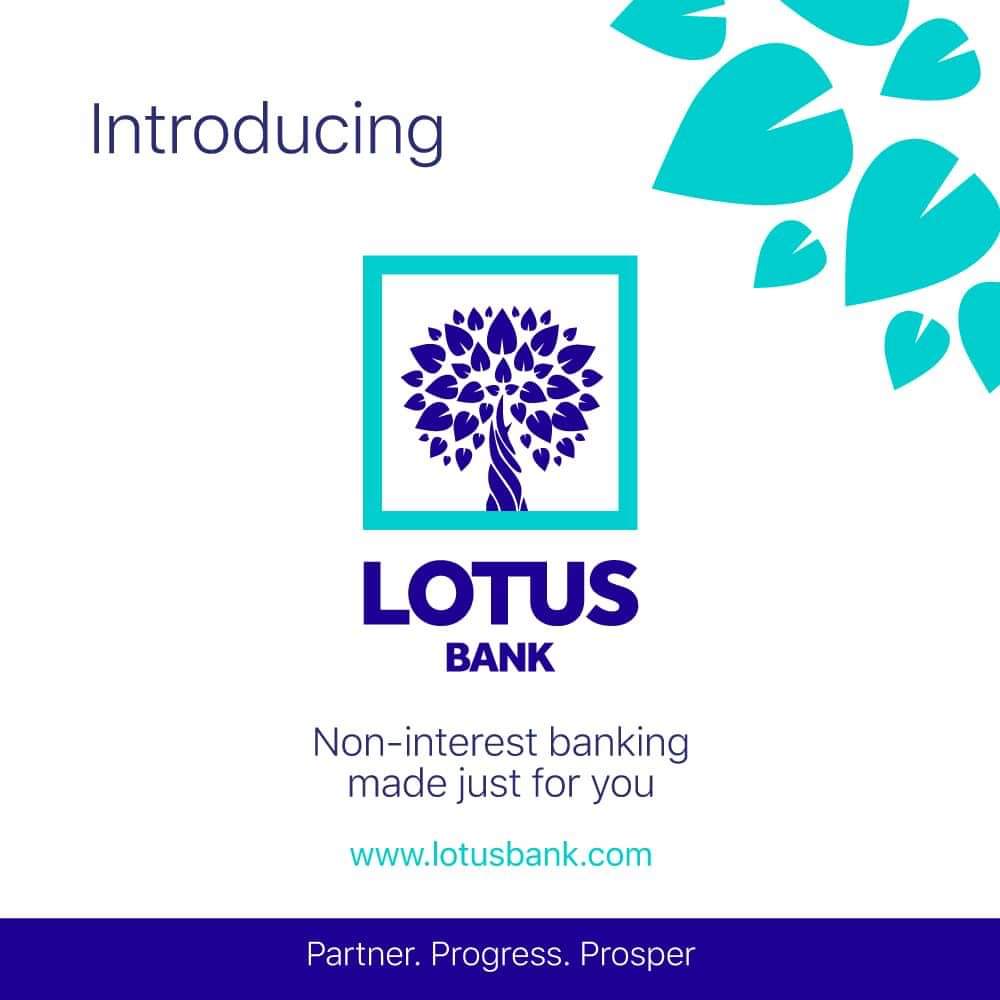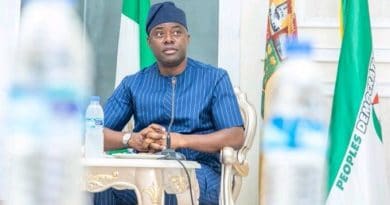Galaxy Backbone: Expanding Nigeria’s Broadband Services for Value Addition, by Fom Gyem

“Nigerian government believes that rapid rollout of broadband services will address various socio-economic challenges faced by the country, including the need to grow its economy, create jobs, rapidly expand the tax base, and improve digital literacy and educational standards,”
– Professor Isa Ali Ibrahim
Broadband is a high-speed Internet connection. The technology gets its name from a wide range of frequencies available for data transmission. Information can be multiplexed and transferred over many channels, enabling more data to be transmitted at the same time. With broadband, users can access the Internet and connected services at speeds that are faster than those offered by dial-up Internet access services. Depending on the kind and quality of services given, there are different speeds. The downstream speeds offered by residential broadband providers are quicker than the upstream speeds.
Broadband technology can be divided into two categories: wireless and fixed-line. Physical networks that provide a direct wired connection from the customer to the service provider are used by fixed-line solutions to communicate. On the other hand, wireless solutions rely on radio or microwave frequencies to connect customer and operator networks. Broadband usage has grown over time.
The number of people utilising the Internet is predicted to reach 4.9 billion in 2021, up from an anticipated 4.1 billion in 2019, according to estimates from the International Telecommunication Union (ITU), the United Nations specialised organisation for information and communication technologies (ICTs). The speed of broadband is likewise increasing. The average global broadband speed is anticipated to increase to 110.4 Mbps by 2023, which is more than twice as fast as the 45.9 Mbps average speed recorded in 2018. While mobile speeds are anticipated to increase from 13.2 Mbps in 2018 to an average of 43.9 Mbps in 2023.
A strong economy and a good Internet connection go hand in hand. Nowadays, businesses and people both rely on broadband to conduct transactions, communicate, gather information, use technology, and more. This means that quick, affordable connectivity is essential, and that going without a broadband connection is like going back in time.
The agency responsible for broadband supervision and services in Nigeria is the Galaxy Backbone (GBB). Incorporated in 2006, Galaxy Backbone is a public enterprise under the Federal Government of Nigeria with the main responsibility of establishing and running a unified Information and Communication Technology (ICT) infrastructure platform that addresses the connectivity, transversal, and other technological imperatives for Ministries, Departments, and Agencies (MDAs) of the Federal Government. In order to realise the MDG targets, the corporation was also tasked with running a backbone network that spans the entire country. This network will aid in rural towns and underserved areas being digitally inclusive.
Nigeria and the rest of the world have seen substantial changes in technology over the past several years.
This is apparent and felt not just in the business sector but also in public sector organisations and institutions that Galaxy Backbone was established to support and provide technology services. As they began operations in 2006, their first main goal was to assist in reducing and ultimately eliminating the barriers that had previously existed in government as a result of the varied and expensive ways in which technological operations were provided across Ministries, Departments, and Agencies. Additionally, they were tasked with developing a platform for shared services that would include domestic and international VSAT hubs, a data center, a metro fiber network in the Federal Capital, and numerous redundant internet gateways. Significant effort has been done in this area, and federal government entities have all noted a discernible influence. We may say that there has been a significant improvement in how the government interacts with corporations, the global community, and the general public.
In acknowledgment of some of the outstanding work it has done across government institutions in Nigeria over the years, Galaxy Backbone was awarded the public service award for Promoting Whole-of-Government Approach in the Information Age by the United Nations in 2013. An award shared with similar organisations working in more technologically advanced parts of the world. Galaxy Backbone was awarded in 2018 by the Nigeria Internet Registration Association (NIRA), an industry-led stakeholder organisation, for its digital innovation in the federal government circle. Also in 2020 at the Nigeria Tech Innovation and Telecoms Awards (NTITA 2020), Galaxy Backbone (GBB), received the Public Sector Connectivity Services Provider of the Year award.
Galaxy Backbone is working hard to uphold, administer, and support the technological experience it wants its consumers to have under the direction of Professor M.B Abubakar and the minister of Communications and Digital Economy, Professor Isa Ali Ibrahim. However, the organisation is aware that, given its enormous responsibility, achieving its goals would necessitate the cooperation and support of other service providers and clients. It is true that Galaxy Backbone offers services that are comparable to those of several other ICT companies, however, hardly any companies offering comparable services have the same amount and breadth of infrastructure as GBB.
The organisation is making significant investments in cyber security solutions to ensure that the data of any enterprise or individual using its platform is secure. GBB maintains the crucial infrastructure that is critical to the development and long-term viability of Nigeria’s digital economy. Its position in enabling organisations is strengthened as a result of this infrastructure.
Fom Gyem writes from Wuye District Abuja










